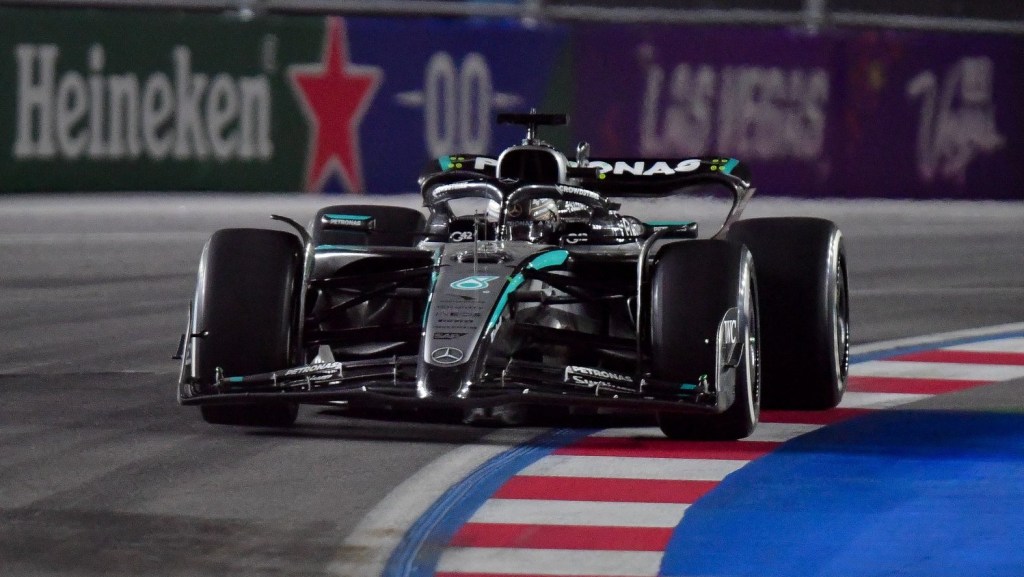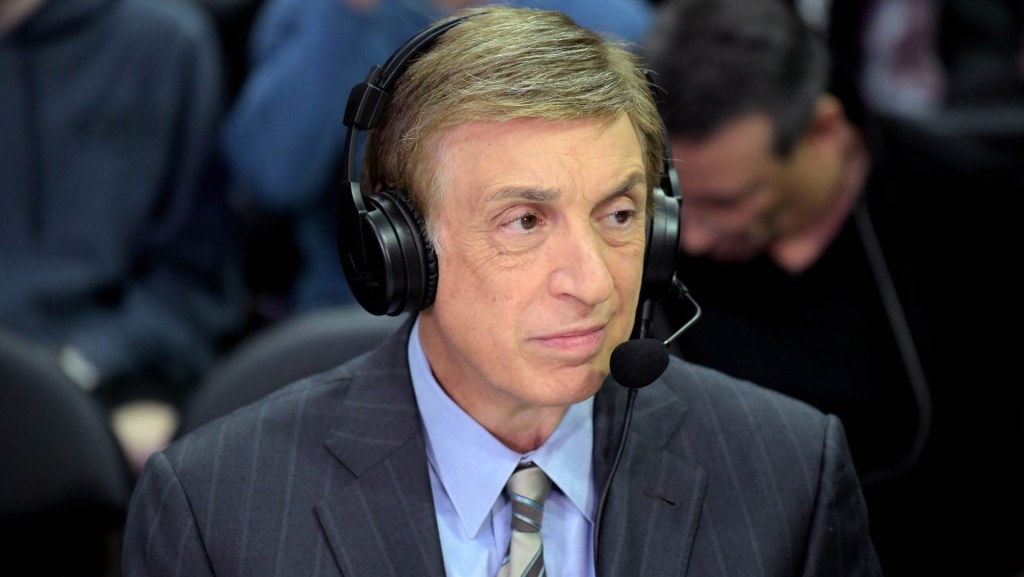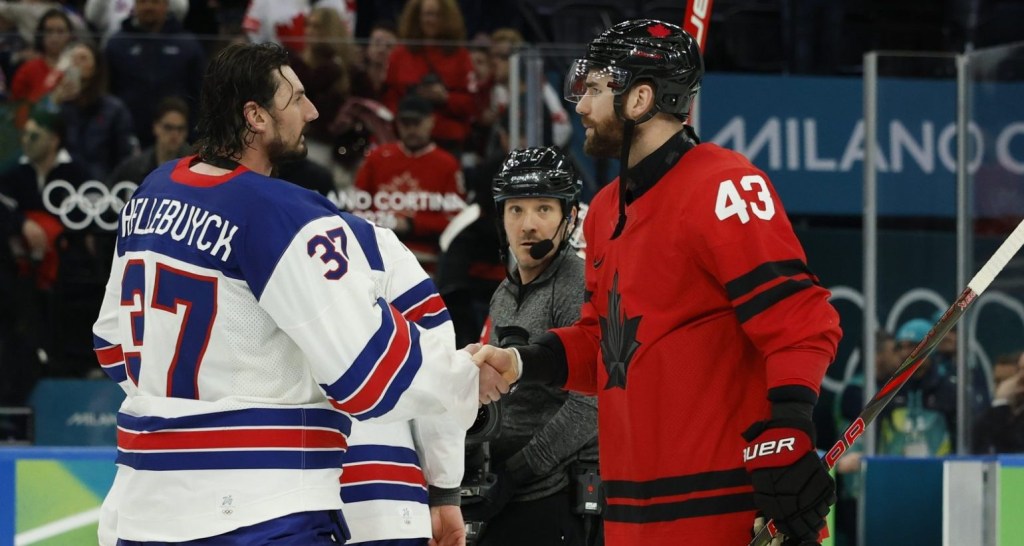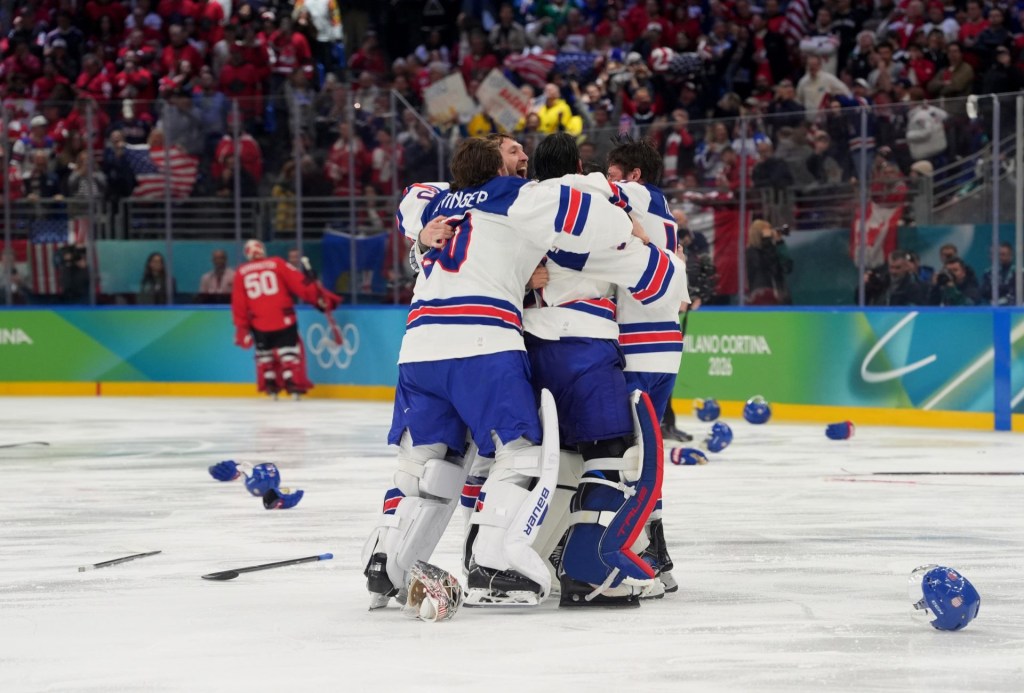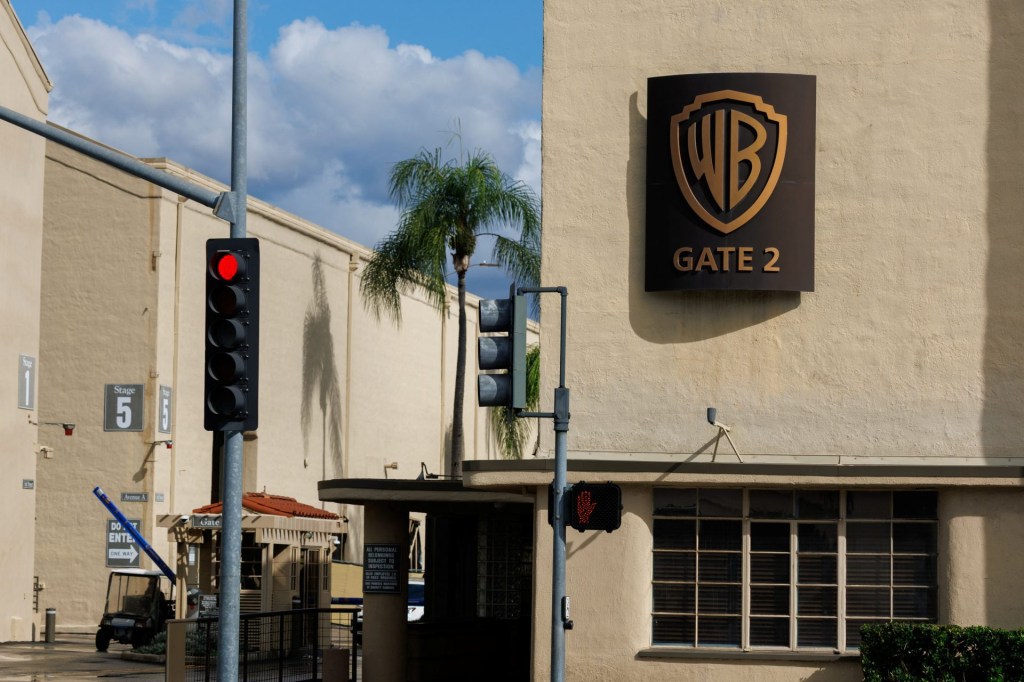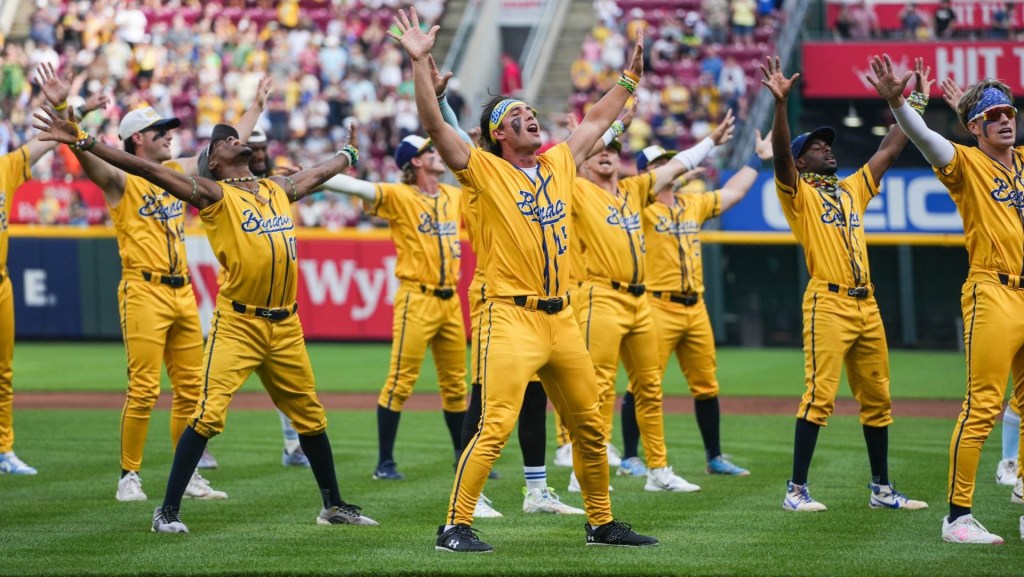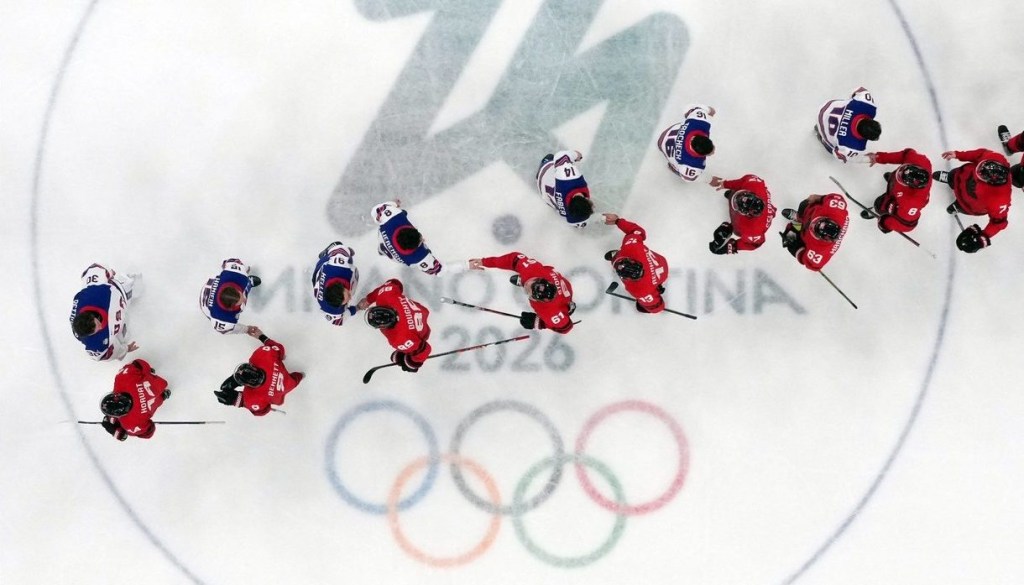What exactly constitutes a match in the NBA media-rights drama? How that word is ultimately defined will create massive effects across the sports industry for years to come.
As expected, TNT Sports and parent company Warner Bros. Discovery on Monday exercised their matching rights and submitted paperwork to the league targeting an 11-year deal with Amazon worth an estimated $1.8 billion per year. The NBA responded that it has “received WBD’s proposal and are in the process of reviewing it.”
But that’s only the beginning of this latest and most dramatic chapter in the months-long saga. TNT Sports’ matching rights—while never fully detailed publicly by either the network or league—almost certainly contain not only economic considerations but also other elements surrounding the rights relationship, such as game distribution across various platforms and the monetary flow within the rights term.
“Matching rights are always some of the most heavily negotiated parts of a rights deal, and there’s always a real push-pull surrounding the development of those terms,” Irwin Kishner, co-chair of the sports law group at Herrick, Feinstein LLP, tells Front Office Sports.
Choose Your Own Adventure
With the ball now back in the NBA’s court, the media-rights situation carries a series of potential outcomes.
- The NBA accepts WBD’s proposal. That’s clearly the hope of TNT Sports, which said Monday that it “looks forward to the NBA executing our new contract.” Doing so, however, certainly raises the potential for a further response from Amazon, which has yet to comment on the latest developments.
- A settlement is reached. In this scenario, a deal is struck that does not involve the full scope of what TNT Sports proposed in its matching offer, but it has some other assets. A settlement could potentially take a variety of forms, whether it involves just money or the creation of a smaller, fourth package of rights, and would allow the league and WBD to avoid messier scenarios such as a lawsuit. A carveout of rights would be particularly face-saving for both sides, but it is still rather unlikely. Such a move would generate protests from Disney, NBC Sports, and Amazon that bid on the premise of three national packages, as well as potentially from Knicks owner James Dolan, already upset about the agreements’ impact on regional sports networks.
- The NBA denies WBD’s proposal. Here, the league would likely be asserting that WBD did not actually present a match of Amazon’s deal, for possibly a variety of reasons. This is the most combative scenario and could ultimately lead to litigation. A case here would likely involve WBD claiming breach of contract, and the NBA potentially countering that it made a judgment that the company would not be able to meet future contract terms. But a further question is whether any other mechanism is contained in TNT Sports’ matching rights, such as mediation or arbitration, to resolve a dispute and precede a lawsuit.
Most of these scenarios, however, are premised on WBD pushing to stay in business with a league partner clearly looking to take its games elsewhere.
“I don’t think it’s going to settle quickly. There’s a lot more to come with this,” Kishner says.
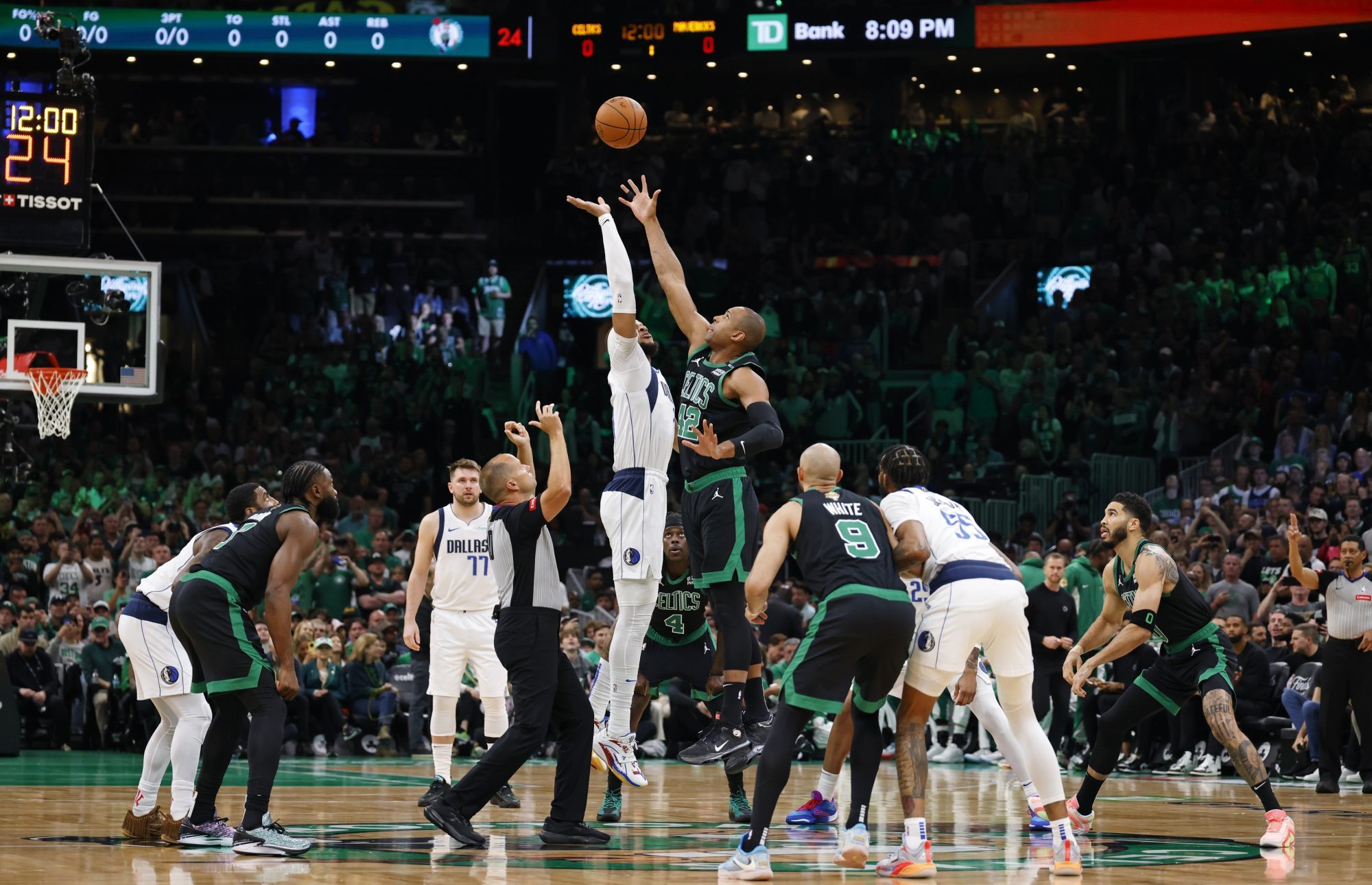
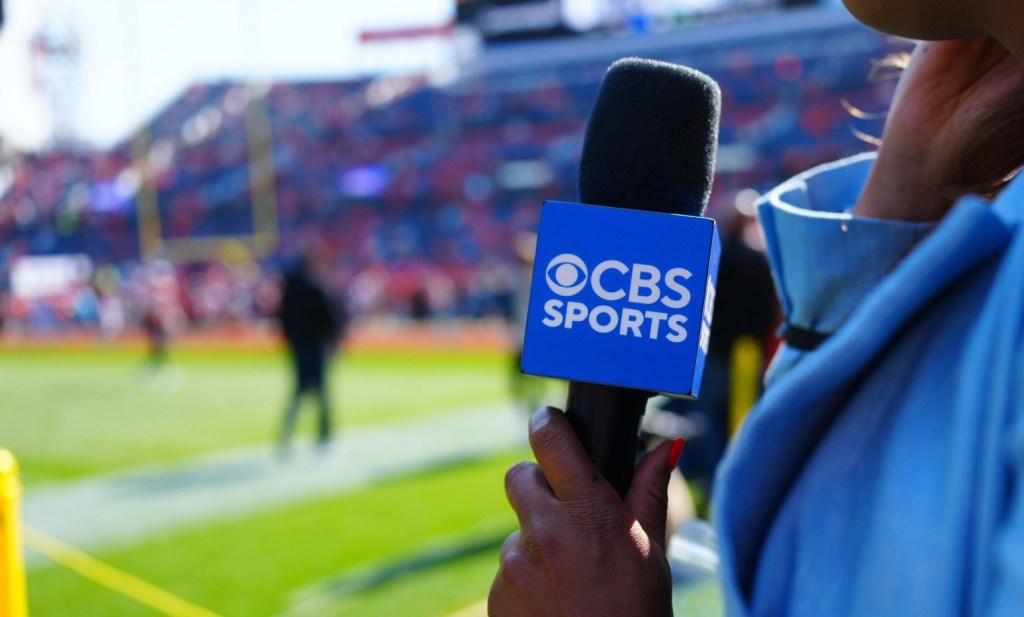
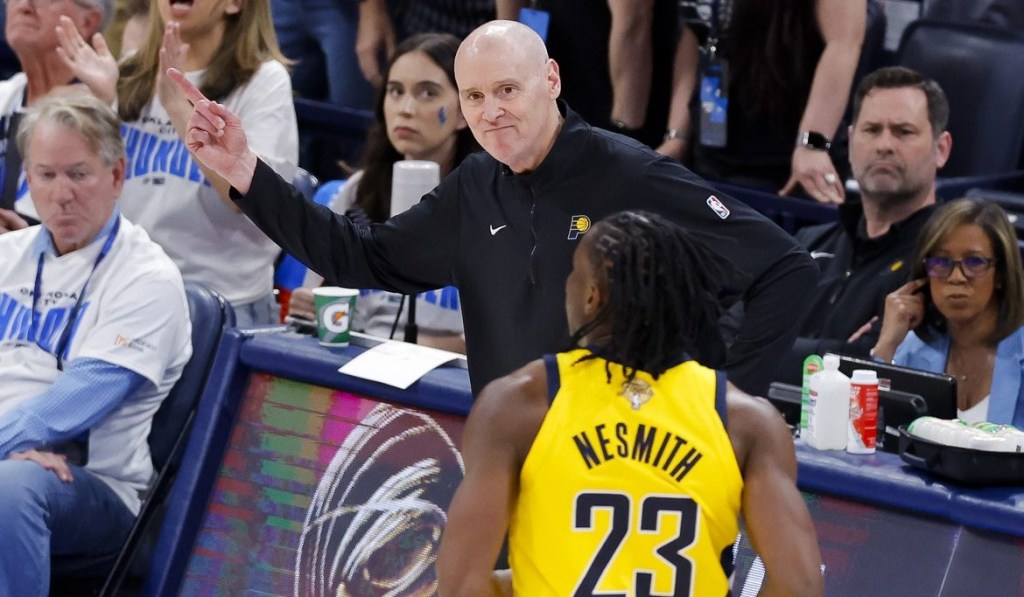
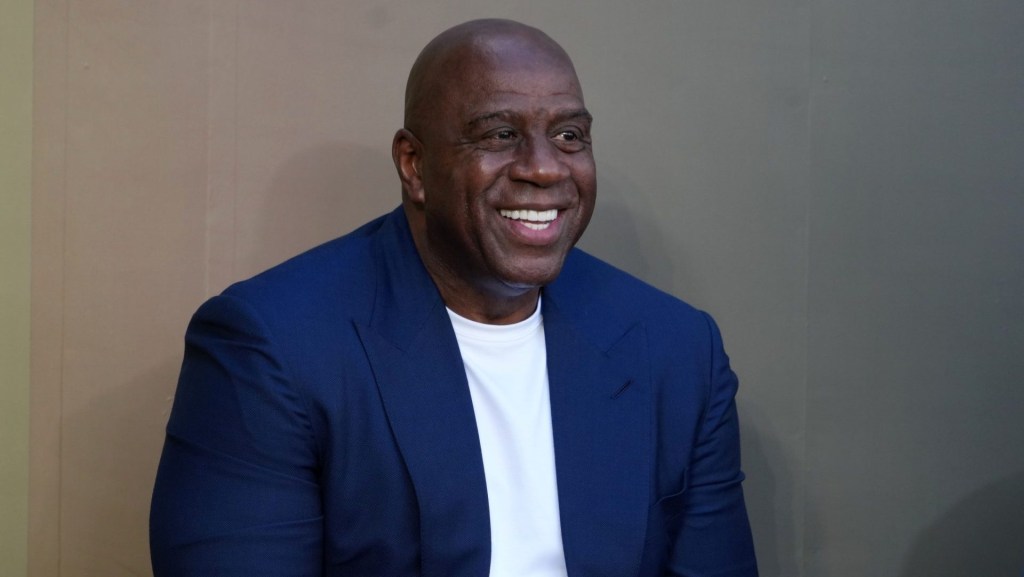
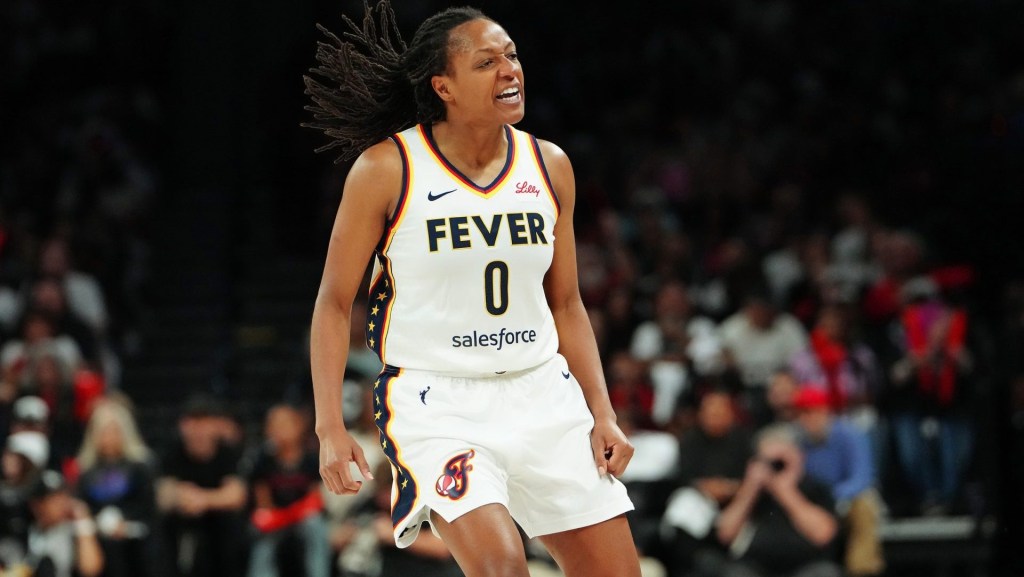
![[Subscription Customers Only] Jul 13, 2025; East Rutherford, New Jersey, USA; Chelsea FC midfielder Cole Palmer (10) celebrates winning the final of the 2025 FIFA Club World Cup at MetLife Stadium](https://frontofficesports.com/wp-content/uploads/2026/02/USATSI_26636703-scaled-e1770932227605.jpg?quality=100&w=1024)



